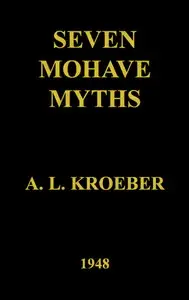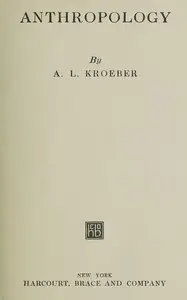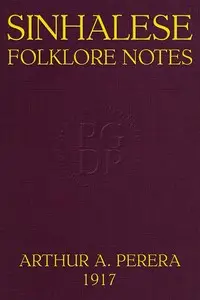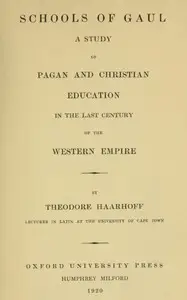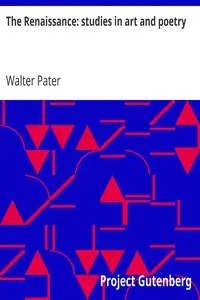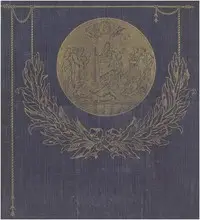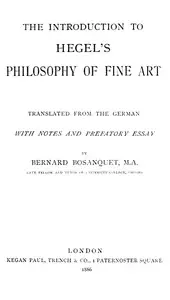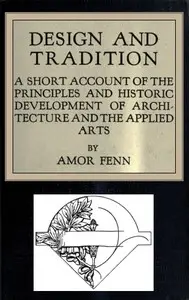"Mohave Pottery" by A. L. Kroeber and Michael J. Harner is an ethnographic and archaeological study of the pottery created by the Mohave people, written in the mid-20th century. The work focuses on different pottery types, their construction techniques, designs, and cultural significance. It provides a comprehensive investigation into the forms and styles of Mohave ceramics, cataloging their variations and identifying characteristics. At the start of "Mohave Pottery," the authors introduce the context of the pottery collection, which dates back fifty years and is housed in the University of California’s Museum of Anthropology. The foreword emphasizes the ethnological and archaeological analysis undertaken by Kroeber and Harner to detail vessel shapes, uses, and designs as well as the materials and methods used in pottery making. The initial observations highlight the various shapes recognized by the Mohave, including bowls, platters, and cooking pots, alongside a detailed discussion on the significance of their painted designs and ornamentation, establishing the groundwork for the following in-depth analysis throughout the publication. (This is an automatically generated summary.)
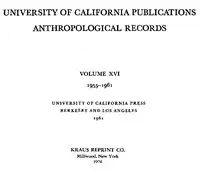
Mohave Pottery
By A. L. (Alfred Louis) Kroeber
"Mohave Pottery" by A. L. Kroeber and Michael J. Harner is an ethnographic and archaeological study of the pottery created by the Mohave people, writt...
Alfred Louis Kroeber was an American cultural anthropologist. He received his PhD under Franz Boas at Columbia University in 1901, the first doctorate in anthropology awarded by Columbia. He was also the first professor appointed to the Department of Anthropology at the University of California, Berkeley. He played an integral role in the early days of its Museum of Anthropology, where he served as director from 1909 through 1947. Kroeber provided detailed information about Ishi, the last surviving member of the Yahi people, whom he studied over a period of years. He was the father of the acclaimed novelist, poet, and writer of short stories Ursula K. Le Guin.


